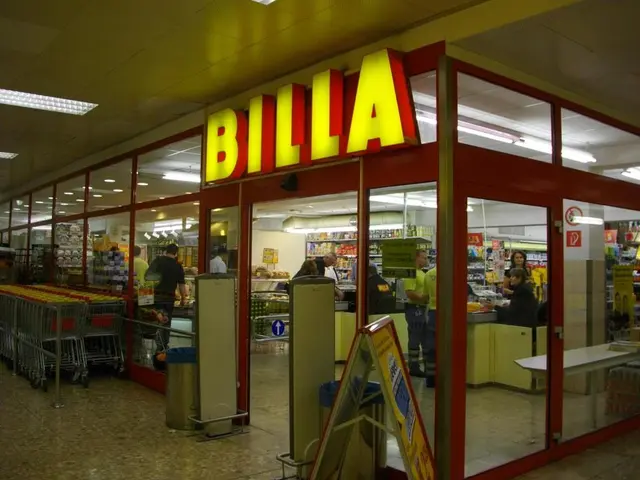Which Solvents are Employed in a Component Cleaner?
================================================================================
In the quest for a cleaner and greener future, the parts washing industry is undergoing a transformation. Traditional solvents, such as mineral spirits, are being replaced by eco-friendly alternatives that offer powerful cleaning capabilities while minimizing environmental impact. This article explores various eco-friendly solvents for parts washers and their best applications.
Bio-based Solvents Lead the Way
Bio-based solvents, like d-Limonene, are becoming increasingly popular in parts washing due to their biodegradable nature and low environmental impact. D-Limonene, derived from citrus peels, excels in heavy degreasing and long soak times, making it suitable for general industrial cleaning where powerful solvency is required.
Isopropyl Alcohol (IPA) for Precision Cleaning
Moderately toxic but readily biodegradable, Isopropyl Alcohol (IPA) is a versatile solvent ideal for precision cleaning in electronics, sensitive surfaces, and 3D-printed parts. Its versatility and material safety make it the preferred green solvent for these applications.
Ethyl Acetate: A Pleasant Odor and Less Harsh Alternative
Used in coatings, printing inks, and resin cleanup, ethyl acetate is a biodegradable solvent with a pleasant odor. It serves as a less harsh alternative to methyl ethyl ketone (MEK), offering a more eco-friendly option for various industries.
Acetone: Fast-Evaporating and VOC-Exempt
Acetone, with low toxicity and VOC-exempt status, is a fast-evaporating solvent ideal for final wipe-downs, plastics, and resin cleaning where rapid drying is essential.
Aqueous Parts Washers: The Eco-Friendly Alternative
Water-based aqueous parts washers are widely adopted in industries with stringent environmental and safety regulations. These systems represent a highly eco-friendly alternative to solvent-based washers, offering effective cleaning with minimal ecological impact.
Innovations in Parts Washing Technology
The parts washing industry is not standing still. Innovations include the integration of robotics and automation, closed-loop systems that recycle and reuse cleaning solutions, and advancements in filtration technology that remove contaminants down to the micron level.
Selecting the Right Solvent
Choosing the appropriate solvent for your parts washer depends on various factors, including the type of contaminants, the material of the parts, workplace environment and safety regulations, disposal regulations, budget, and cleaning frequency. Enzymatic cleaners, ultrasonic industrial parts washers, and citrus-based solvents derived from natural orange peels are among the eco-friendly options gaining popularity.
Safety First
Safety protocols when using parts washer solvents include reading and following safety data sheets, providing proper ventilation, using personal protective equipment, and ensuring compliance with regulations. Proper maintenance, including regularly checking and cleaning filters, monitoring solvent levels and quality, and addressing minor issues promptly, is crucial for longevity and effective parts washing.
References
[1] Parts Cleaning Magazine. (2021). Solvent Selection: Choosing the best solvent for your application. [online] Available at: https://www.parts-cleaning-magazine.com/articles/solvent-selection-choosing-the-best-solvent-for-your-application
[2] Cleaning in Focus. (2021). Green Solvents. [online] Available at: https://www.cleaninginfocus.com/green-solvents
[3] EPA. (2021). Hazardous Waste Solvents. [online] Available at: https://www.epa.gov/hwgenerators/hazardous-waste-solvents
[4] GreenSpec. (2021). GreenSpec Listing: Solvents. [online] Available at: https://www.greenspec.com/greenspec-listing/solvents
[5] GreenBiz. (2021). The rise of water-based parts washers. [online] Available at: https://www.greenbiz.com/article/rise-water-based-parts-washers
Read also:
- Catastrophic blast at a US Steel facility in Pennsylvania causes 2 fatalities, inflicts injuries on 10 individuals
- Predictive Discussions: interpreted Q2 packaging demand indications and their potential impact on your forthcoming freight sector for small transportation providers in the cardboard industry.
- Identified: Victims from the Factory Blast in Brazil, confirmed by the corporation
- Renault Relays Emphasis on Automobile Manufacturing in India








